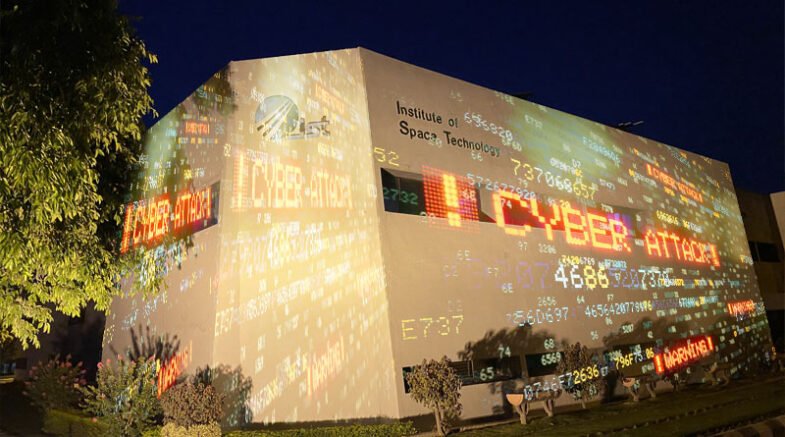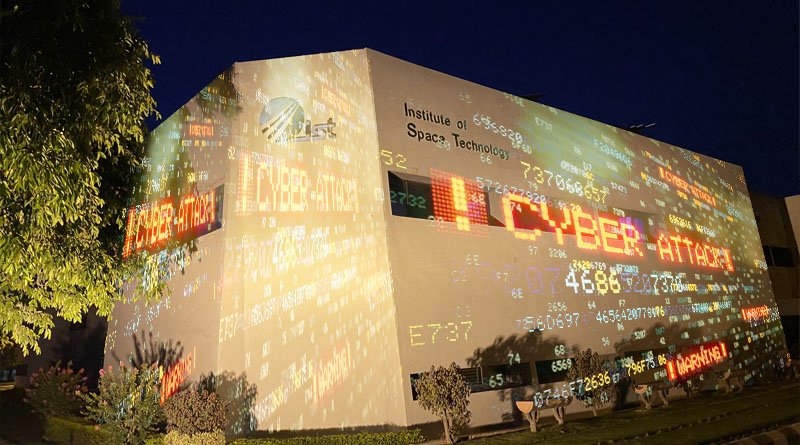The Medusa ransomware is infamous for encrypting its victims’ data and then requesting payment in exchange for the decryption key needed to unlock it.

The Institute of Space Technology (IST), a public university in Islamabad, is reportedly the target of a ransomware attack by the hacker group Medusa, which is demanding up to $500,000 in exchange for the data it has stolen.
The incident is the most recent in a string of comparable attacks that ransomware groups have been carrying out against organisations of all sizes and types in recent years. The Medusa ransomware is infamous for encrypting its victims’ data and then requesting payment in exchange for the decryption key needed to unlock it.
The samples that the hackers added in the case of IST include passports, paystubs, analysis information, and other sensitive data. In return for the decryption key needed to restore the data, the hackers are asking for $500,000 in cash.
The hackers are demanding an extra $10,000 if the university wants an extra day before the data is leaked onto the dark web. IST had been given nine days by the Medusa hacker group to comply, but now only seven days remain, and it is unclear how IST will handle the situation. When contacted the university for comment on the situation, no appropriate spokesperson was available.
The attack highlights the importance of organizations taking proactive measures to protect their data from such attacks. Ransomware groups are becoming increasingly sophisticated in their tactics, and it is essential for organizations to take steps to safeguard their data, including implementing security protocols, conducting regular backups, and educating staff on cybersecurity best practices.
With the introduction of the home computer in the early 1980s, informal communities known as hacker groups started to flourish. Before that, any computer hobbyist could be referred to as a hacker. The hacker groups were out to gain notoriety and were frequently motivated by their own press. There weren’t many laws against computer crime at the time, so hacking was in its prime.
